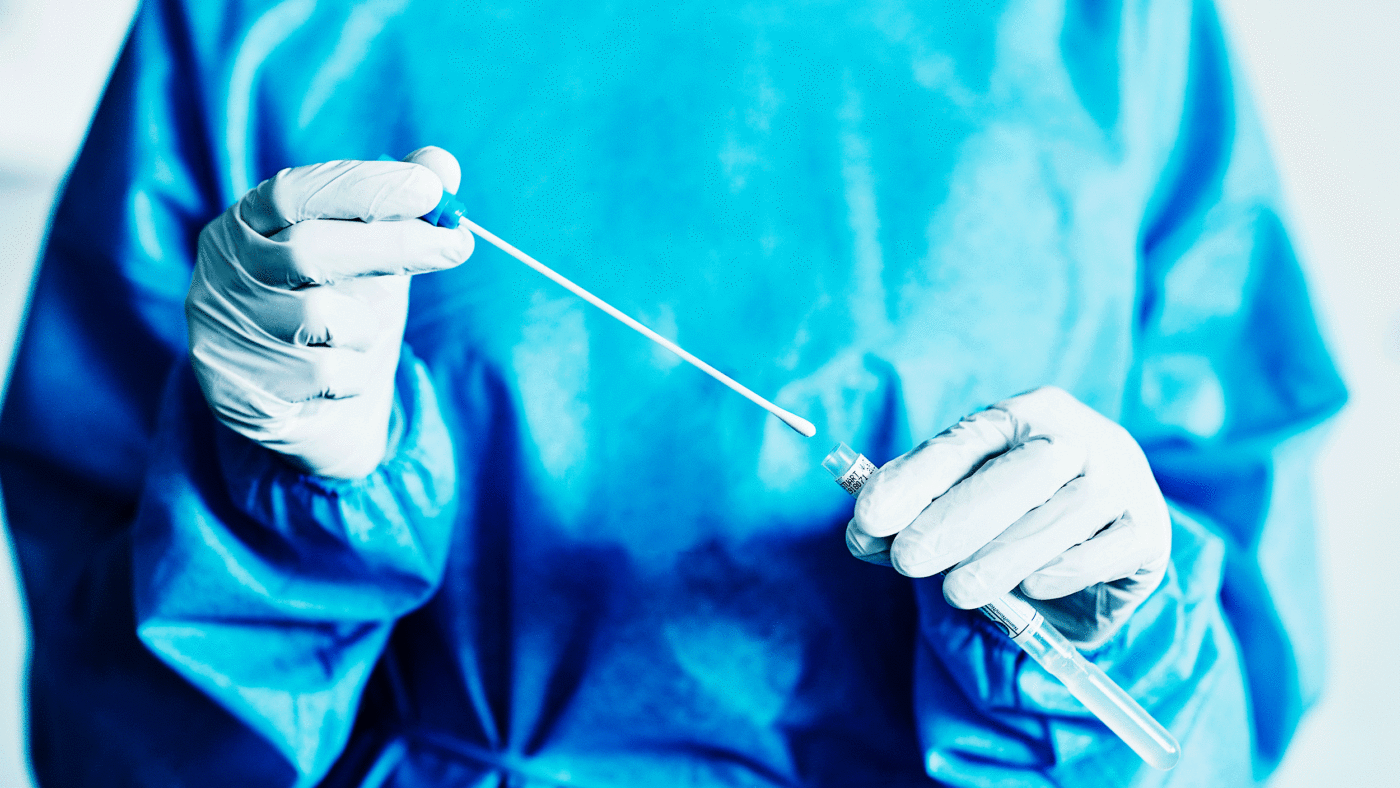It’s two years since the UK was plunged into its first coronavirus lockdown, yet with the lifting of restrictions and the end of free testing on Friday, the pandemic already feels like little more than a memory. For many companies born out of the pandemic too, the announcement of the Government’s ‘Living with Covid-19’ plan is the end of the road. Businesses that were built from scratch at our nation’s hour of need to perform a single, short-term function are shuttering, with their founders now on to their next challenge.
But if this horrible and disruptive two years has taught us anything, it’s that maintaining testing skills and capacity during ‘normal times’ is crucial to protect vulnerable individuals and respond rapidly to future crises. We mustn’t down all tools.
That said, some will undoubtedly be happy to exit the market. As Covid cases ebbed and flowed, the companies responsible for testing the nation were made to adapt their offerings at a whim, working in line with the continuous shift in government regulations. It hasn’t always been easy.
But the principle of preventative health screening remains sound. Our business was formed to help ensure critical businesses in the nuclear and defence sectors remained operational throughout the pandemic through a tailored Covid screening programme. We are now working with these same firms on the broader health picture – encouraging a proactive approach to improving the overall wellbeing of their employees through regular screening and diagnostic testing for a whole suite of physical and mental health conditions. What is good for wartime can also be good in peacetime.
The Government may have removed all Covid restrictions, but most businesses do not have the luxury of being able to simply tell their employees to ‘live with Covid’.
Covid remains a notifiable disease, per UK law, therefore companies still have a responsibility to report cases within their workforces. The problem is that many businesses will require prolonged assistance as the onus is shifted from the Government to them with regard to the health and wellbeing of their employees.
In the short term, companies like ours will need to be on hand to help mitigate against the new risks industries have been laden with in protecting their workforce from Covid. Cases are back on the rise so only through a continual testing regime will employees be guaranteed safe entry to their workplace, allowing businesses to remain at peak productivity and meet contractual obligations at a critical time for industry, and indeed, the wider economy. An effective solution will help businesses and local health authorities, by keeping workers fit and out of A&E.
There is also a longer term play.
Pandemics are not a once in a century occasion, as many assume. We had the SARS and H1N1 scares before Covid-19 finally delivered a global shock. Experts place the chances of another global pandemic occurring in the next decade as high as 28%, and 57% over the next 25 years. We need continued resilience and capability in our testing industry to be well equipped to deal with future crises so we don’t stagger in blind, as was the case back in March 2020.
Covid shone a light on the importance of good overall health, particularly due to the increased impact of the virus on those who are immunosuppressed and suffer from respiratory problems. We saw this in people paying more attention to what they ate, how they exercised, and how they went about their day-to-day activities
Another sad example of the importance of maintaining capability and creating resilience within the workforce is demonstrated by the relief effort occurring now in Ukraine. Charities have rushed to the borders to support and help the refugees fleeing the country and provide medical assistance to those in need.
But Ukraine has some of the highest TB rates in Eastern Europe and with refugees camped in crowded temporary shelters, the risk of wider infection is present. That our own Covid testing system was built around the ‘LAMP’ technology, typically used to detect TB, is a welcome coincidence but also proof those capabilities tied to Covid will long outlive the pandemic. We hope to be on the ground at the Polish border shortly to assist relief efforts.
As the saying goes, an ounce of prevention is worth a pound of cure. As we now struggle with the financial aftershocks of paying for our pound of Covid cure, we must be sure to invest the much smaller amounts into prevention. We must get on the front foot to ensure we stay ahead of the next global health crisis.
Click here to subscribe to our daily briefing – the best pieces from CapX and across the web.
CapX depends on the generosity of its readers. If you value what we do, please consider making a donation.


